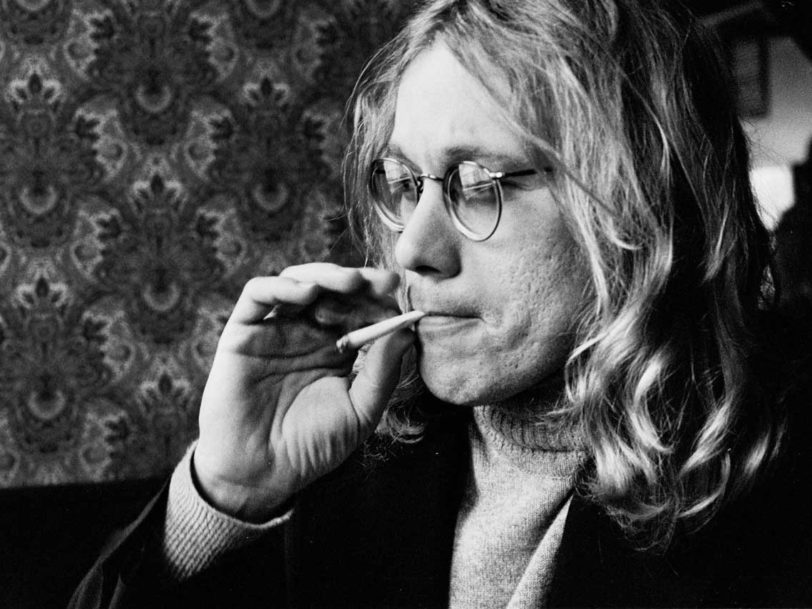Warren Zevon’s Stand In The Fire, recorded over a five-night period at the Roxy Theatre in West Hollywood in August 1980, is not only one of Zevon’s best albums, it is also one of the most affecting live albums of the decade.
After more than ten years of drink and drugs excesses, the newly-sober Zevon, then 33, was in a better place when it came to this run of summer gigs. He was in jocular form, joking that the concerts should be called “The Dog Ate The Part We Didn’t Like Tour”, and said he was happy to be back performing in Los Angeles, the city where he had grown up. Asked by Rolling Stone magazine how it felt to be on stage in front of an enthusiastic home crowd, Zevon replied, “Let’s just say that it was like rescuing the little boy who’d fallen through the ice. Rescuing him while the whole world was watching.”
Listen to Stand In The Fire
“Get up and dance or I’ll kill ya!”
Stand In The Fire, which was released by Asylum Records on 26 December 1980, carried the dedication “For Marty”, in tribute to Zevon’s friend, the film director Martin Scorsese. The album opened with the previously unreleased title track, which was immediately followed by Jenny Needs A Shooter, a song co-written with Zevon’s friend Bruce Springsteen.
Though Zevon was taking prescription painkillers and steroids for a strained nerve in his back, the singer-songwriter was remarkably full of energy for the gigs, in which he displayed his usual mordant wit. For the live version of On Mohammed’s Radio, Zevon altered the original lyrics from “You know the sheriff’s got his problems, too/He will surely take them out on you” to “Ayatollah’s got his problems, too/Even Jimmy Carter’s got the highway blues”, in a tongue-in-cheek reference to the Iran hostage crisis that was dominating the news at the time.




